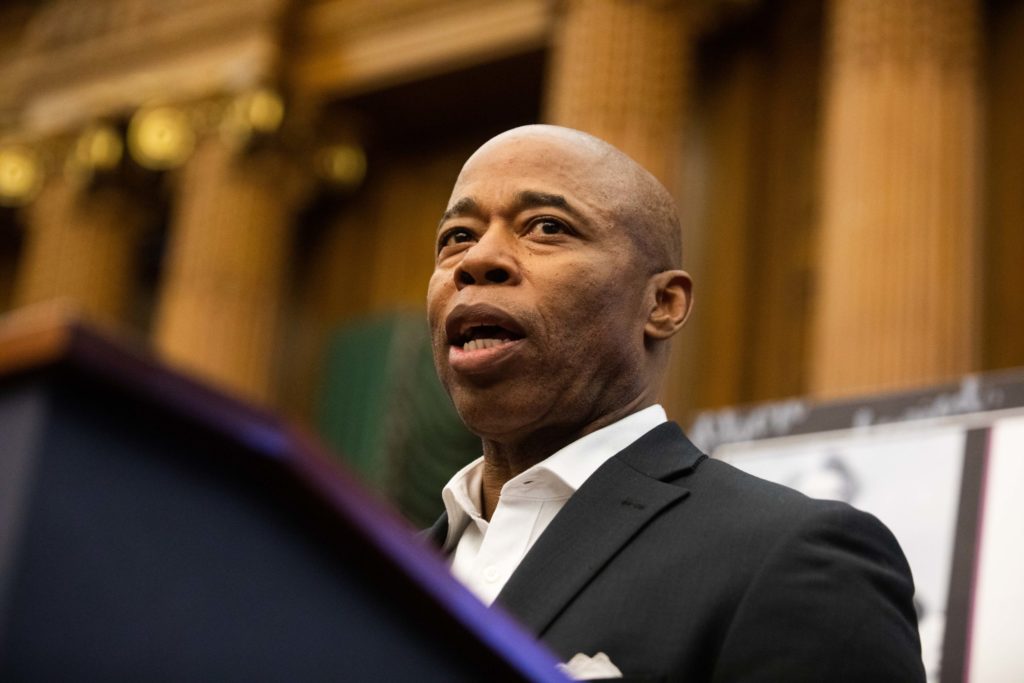Opinions & Observations: How we should think about Earth Day in the time of coronavirus

Earth Day 2020 marks yet another day of uncertainty and hardship for humanity amidst COVID-19.
While cities and nations around the world scrounge for healthcare resources, pass urgent legislation to shore up battered economies, and mourn those who have passed, there is a silver lining for our environment. While it does not outweigh the tremendous losses we have suffered, this provides an opportunity to reflect on the relationship between planetary and human health.
As people across the globe stay at home and economies temporarily decelerate, emissions from industries and public life have drastically reduced, resulting in environmental improvements. For instance, there has been a noticeable change in air quality. Last month, Los Angeles had its longest stretch of days with “good” air in generations. In Delhi, India, the sky has transformed from its usual acrid gray to clear blue, temporarily alleviating their air quality public health crisis. Here in New York, researchers at Columbia University found that carbon monoxide emissions over New York City declined more than 50 percent below typical levels last month.

Brooklyn Boro
View MoreNew York City’s most populous borough, Brooklyn, is home to nearly 2.6 million residents. If Brooklyn were an independent city it would be the fourth largest city in the United States. While Brooklyn has become the epitome of ‘cool and hip’ in recent years, for those that were born here, raised families here and improved communities over the years, Brooklyn has never been ‘uncool’.